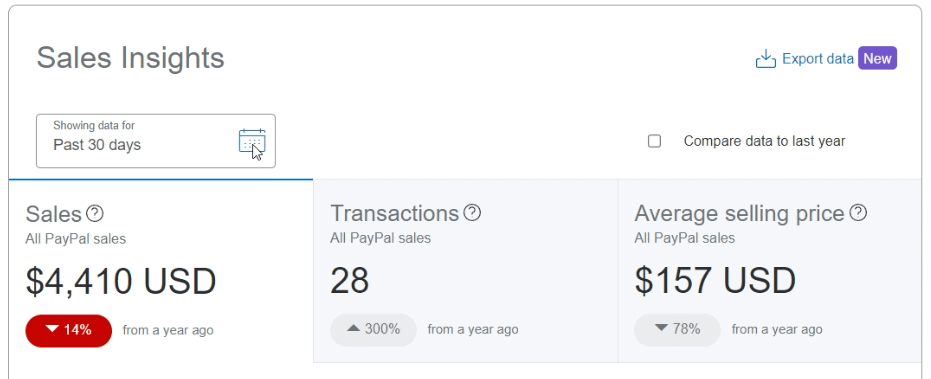AFFILIATE DISCLOSURE
This post may contain affiliate links. An affiliate means Escribr may earn referral fees if you make a purchase through our link without any extra cost to you. It helps to keep this blog afloat. Thanks for your support!
Did you know that by visiting this blog, you are doing good in the world? READ THIS.
While there are a number of different possible career paths to take, one of the more welcoming jobs could be becoming a transcriptionist.
There are a couple of benefits when it comes to becoming a transcriptionist.
While the whole scope of transcription can be quite complicated from medical transcription to legal transcription, everything still revolves around a certain level of familiar skills that a transcriptionist would need in order to not only be accurate but also be efficient.
Benefits of becoming a transcriptionist
Like any other job, becoming a transcriptionist has pros and cons, let’s discuss the pros.
Picking the involvement
The good thing is that they have the complete option to become a full-time or a part-time transcriptionist.
The type of work that a transcriptionist does can be categorized into three things.
1. Full-time transcriptionist
Transcriptionists can look for jobs that do offer them a full-time position. However, there are pros and cons when it comes to this choice.
The pros are that they will be getting a fixed salary every month and are usually given benefits just like any other employee.
The cons of being a full-time transcriptionist, however, are that no matter how big the workload might be, they will still get paid the same amount of money.
This can become quite a disadvantage for those that are being given massive amounts of files to transcribe with only a limited amount of time.
2. Part-time transcriptionist
Transcriptionists can also work part-time along with a few selected clients that might need transcription but not in large quantities.
The rate of a part-time transcriptionist, however, still differs.
Some people get paid to do a fixed amount of hours per week while others get paid for the quantity of their work.
A part-time transcriptionist, however, is still given the freedom to choose the amount of work that they would do.
This would be a perfect choice for those with other professions or maybe even students.
3. Contractual/freelance transcriptionist
Contractual or freelance transcriptionists can set the terms of their work and oftentimes prefer to be paid depending on the quantity of the work.
A freelance or contractual transcriptionist can either go overtime (for those who want to earn more) or undertime (if there are other things that they do like having another job, a hobby, etc.)
Everything still depends on the contractual or freelance transcriptionist.
Let’s say the transcriptionist needed a vacation, they could then take one and clear their schedule when they are due to travel.
Contractual transcriptionists, however, could be a bit different depending on the contract with the client.
Some clients would give a huge quantity of workload and it really depends on the transcriptionist as to how they will finish the entire project.
Picking a schedule
Flexibility is definitely one of the most important benefits of becoming a transcriptionist as they can choose to work when they want and for how long they want.
Transcriptionists usually have the liberty of picking out their working hours, say starting the morning or in the afternoon up to when they please.
Career acceleration
The good thing about being a transcriptionist is that there are still options and possibilities for them to earn more through either doing more work or working for bigger pay.
Bigger pay, however, comes with bigger and more demanding projects which can be accessed once a transcriptionist has gained reputable experience.
Transcription tips for beginners
Becoming a transcriptionist is something that, although anyone can do, still takes quite a lot for the transcriptionist to actually make a career out of.
However, through following a few simple steps, transcriptionists would be able to make the transcription more accurately as well as more efficiently.
Transcription in itself is quite easy, however, becoming a professional transcriptionist still takes quite a lot of effort.
A professional transcriptionist is only as good as his output and although a number of transcriptionists get paid per project, what’s important is that they are able to pass in high-quality work.
How to become a transcriptionist
These are a few transcription tips that can be followed in order for anyone to become a better transcriptionist:
1. Pay attention to details
Paying close attention to details like grammar, spelling, context, and others is very important. Every transcription has to be done accurately which means that transcriptionists not only have to hear and listen clearly, they should be able to understand the conversations or the material that is being transcribed.
2. Get the right transcription tool
Using the right transcription tool is very important in being a transcriptionist.
There is an option to either get the different transcription tools to do the job or one could choose a transcription tool that can do everything.
Here are the specific types of transcription tools needed:
- Grammar checker
- Audio splitter
- Audio-to-text software
There is an option, however, for a transcriptionist to pick a transcription tool that does everything from correcting grammar, putting timestamps (which are better than an audio splitter), and automatically making it easy to edit.
3. Focus on the output instead of the effort
Quality should always be the priority.
This can be done by doing the whole transcription thoroughly or getting the right transcription tool to automatically do everything and focus more on editing the whole transcription.
Once the whole transcription is done, it is very important for the transcriptionist to thoroughly edit everything.
This would ensure the quality of the transcription as well as the accuracy.
When using the right transcription tool, the transcriptionist will be able to edit the entire transcription within the software itself.
Aside from the accuracy, the software also has automatic timestamps (indicators where a word is said) for easier editing.
The final output is a simple text format that is very easy to read and can be passed to the client.
Transcription work isn’t always easy.
However, with the right transcription tool, it is still very possible to come towards an accurate transcription even as a beginner.
ABOUT THE AUTHOR
Ellen Nguyen is the cofounder of Izitext.io, an AI-powered transcription tool that automates the Transcription and smoothens the editing process of professional transcribers, or anyone that has to transcribe on a daily basis.
Website | Facebook | Instagram











